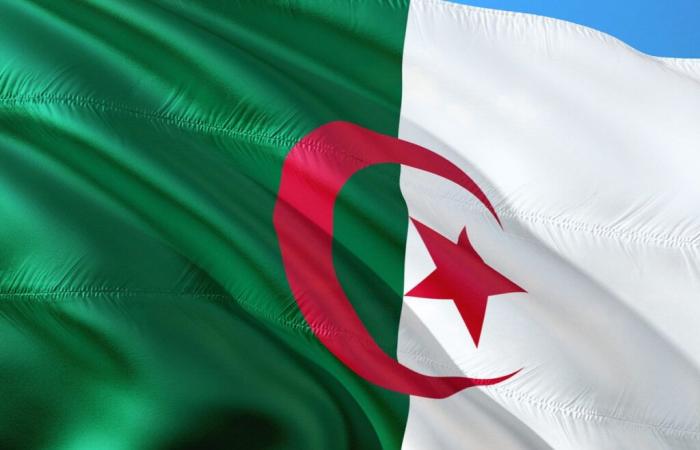
France has just suffered a huge blow from Algeria, partly because of Russia. Indeed, one of its flagship products has just lost its status in the Maghreb country.
Concretely, French wheat is going through a zone of unprecedented turbulence in the North African country.
More precisely, France is gradually losing its status as a privileged exporter to the benefit of Russia for Algeria.
As a reminder, the Algerian Interprofessional Cereals Office (OAIC) excluded French exporters from a strategic call for tenders, sending a strong signal about the evolution of the country’s trade preferences.
This decision, although some attribute it to diplomatic tensions around Western Sahara, reveals a more complex economic reality.
The change in the Algerian cereal market can be explained above all by pragmatic considerations.
The relaxation of quality criteria in 2020, in particular the revision of the rate of pinned grains to 0.5%, opened the way for Russian cereals, which are more competitive.
François Luguenot, agricultural market analyst, deciphers this development: “If French wheat was 30 dollars per ton cheaper than Russian wheat, Algeria would have chosen it despite diplomatic tensions.”
The numbers speak for themselves. Russia exported 2.3 million tonnes of wheat to Algeria in 2023/2024, accounting for more than a quarter of the country’s total imports.
For the 2024/2025 campaign, projections suggest an increase to 3 million tonnes, or a third of Algerian supplies.
This commercial reorientation is part of a broader context where Algeria, consuming 11 million tonnes of wheat annually for a national production of 3 million, seeks to optimize its import expenditure which exceeds 1.5 billion dollars per year. .
The Algerian strategy aims to diversify its sources of supply while favoring price competitiveness.
The paradox of this situation lies in the fact that France, historically Algeria’s leading non-European supplier, now finds itself faced with monster competition from Russia which it is struggling to counter.





